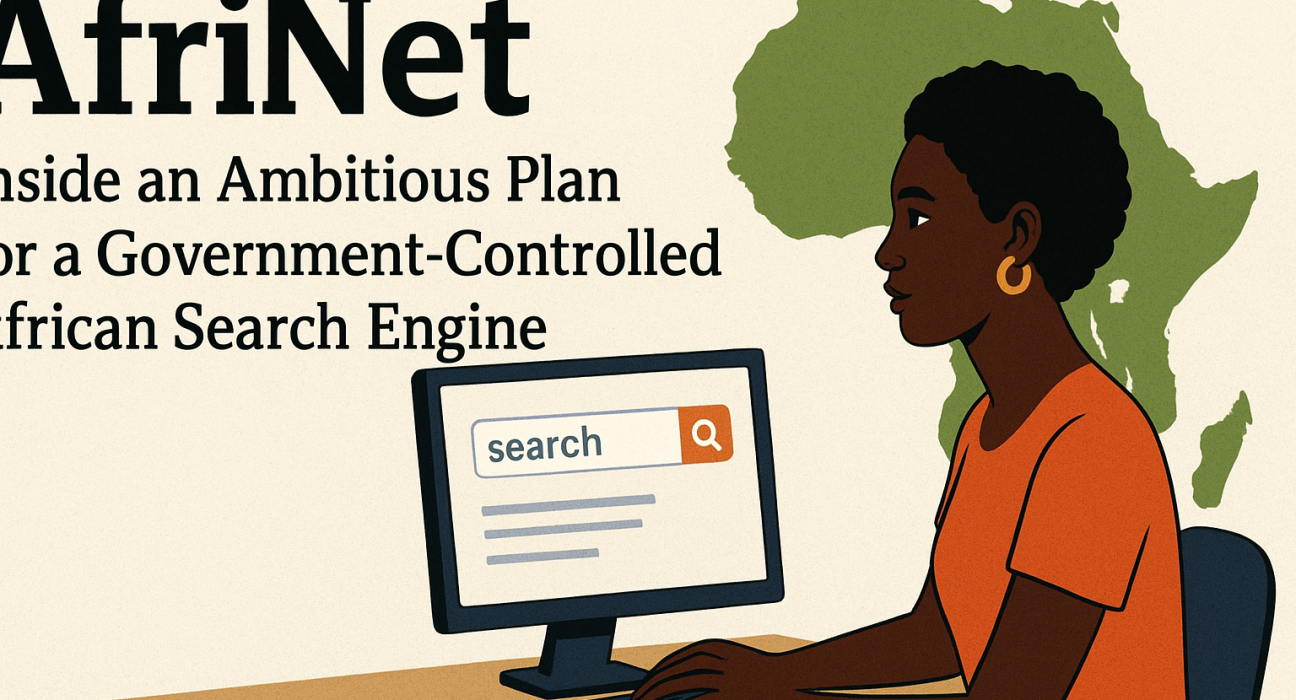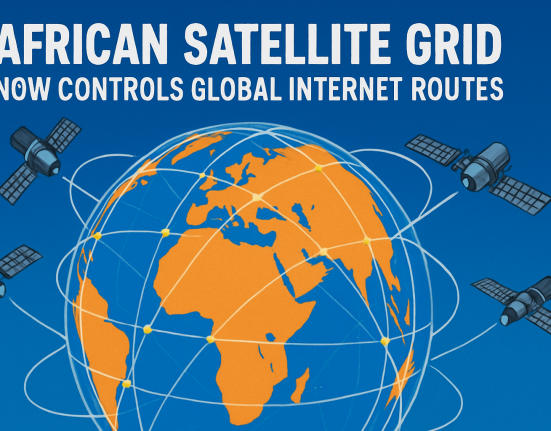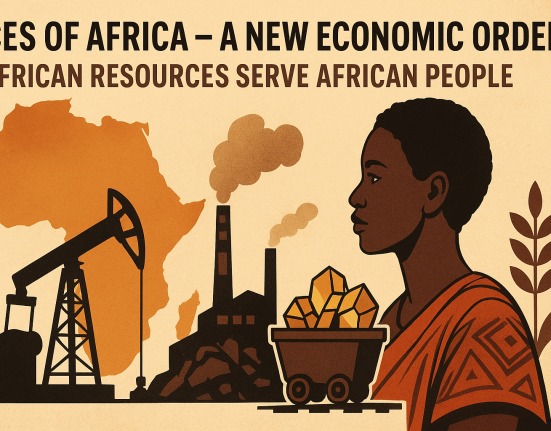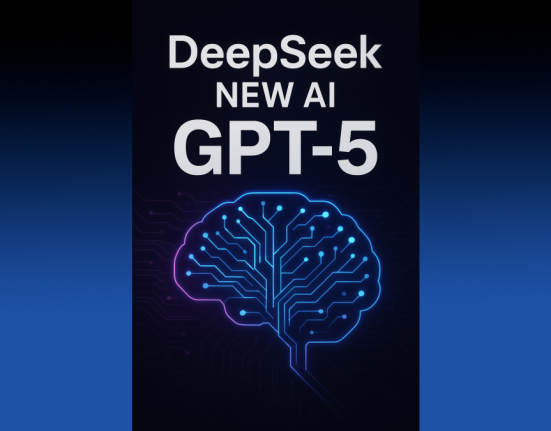In an era where digital sovereignty is becoming a cornerstone of national policy, AfriNet emerges as a bold initiative to reshape Africa’s online landscape. Conceived as a government-controlled search engine, AfriNet represents a strategic move by African nations to reclaim control over their digital infrastructure, data governance, and information dissemination.
A Homegrown Alternative to Global Giants
For decades, African internet users have relied on search engines developed and operated by foreign tech conglomerates. While these platforms offer convenience and global reach, they also raise concerns about data privacy, algorithmic bias, and the marginalization of African content. AfriNet seeks to address these issues by offering a search engine tailored to the continent’s linguistic diversity, cultural richness, and socio-political realities.
Unlike its global counterparts, AfriNet is designed to prioritize local content, promote indigenous languages, and ensure that African voices are not drowned out in the digital noise. By indexing regional websites, government portals, educational resources, and local news outlets, AfriNet aims to become the go-to platform for reliable, relevant, and culturally resonant information.
Government Oversight and Digital Sovereignty
AfriNet’s government-controlled model is both its strength and its challenge. On one hand, it allows African states to safeguard national interests, combat misinformation, and regulate harmful content. On the other, it raises questions about censorship, transparency, and freedom of expression.
Supporters argue that AfriNet is a necessary step toward digital independence, enabling governments to protect citizens from foreign surveillance and exploitative data practices. Critics, however, caution that centralized control could be misused to suppress dissent and manipulate public discourse.
To strike a balance, AfriNet’s governance framework includes oversight committees composed of civil society members, technologists, and legal experts. These bodies are tasked with ensuring that the platform adheres to ethical standards, respects human rights, and remains accountable to the public.
Empowering Innovation and Inclusion
Beyond search functionality, AfriNet is envisioned as a catalyst for digital innovation. By fostering partnerships with African universities, startups, and research institutions, the platform aims to support the development of AI tools, data analytics, and localized applications. Its open API architecture encourages developers to build services that enhance accessibility, education, and e-commerce across the continent.
AfriNet also places a strong emphasis on inclusion. With support for over 50 African languages and dialects, voice search capabilities, and offline access features, it seeks to bridge the digital divide and empower underserved communities.
The Road Ahead
AfriNet is more than a search engine—it’s a statement of intent. It signals Africa’s determination to shape its digital destiny, protect its cultural heritage, and harness technology for the public good. As the platform evolves, its success will depend on transparency, collaboration, and a steadfast commitment to the values of openness and equity.
Whether AfriNet becomes a model for other regions or a uniquely African solution, it marks a pivotal moment in the continent’s digital journey.
Africa’s bold leap toward digital sovereignty 🌍
As the global digital landscape becomes increasingly dominated by a handful of tech giants, Africa is charting its own course with AfriNet—a government-controlled search engine designed to serve the continent’s unique needs. This ambitious initiative reflects a growing desire among African nations to assert digital sovereignty, protect user data, and elevate local content in an online world often skewed toward Western narratives.
Reclaiming the African Digital Voice
For years, African internet users have depended on foreign search engines that often overlook local languages, underrepresent regional content, and expose users to external data harvesting. AfriNet aims to change that. Built with Africa’s linguistic diversity and cultural richness in mind, it prioritizes indigenous languages, indexes local websites, and amplifies African perspectives.
By curating content from government portals, educational institutions, and community media outlets, AfriNet offers users a more relevant and empowering search experience—one that reflects their realities rather than distorting them.
AfriNet’s government-controlled model is both a safeguard and a potential flashpoint. On the positive side, it enables African states to combat misinformation, regulate harmful content, and protect citizens from foreign surveillance. It also allows for tailored responses to local challenges, such as public health crises or civic education campaigns.
However, centralized control raises concerns about censorship and political manipulation. To address this, AfriNet incorporates oversight mechanisms involving civil society, technologists, and legal experts. These bodies are tasked with ensuring transparency, ethical governance, and respect for digital rights.
Driving Innovation and Inclusion
AfriNet is more than a search engine—it’s a platform for innovation. By partnering with African universities, startups, and developers, it supports the creation of localized AI tools, educational apps, and e-commerce solutions. Its open API architecture invites collaboration, encouraging a vibrant ecosystem of digital services tailored to African users.
Inclusivity is central to AfriNet’s mission. With support for over 50 African languages, voice search features, and offline access options, it seeks to bridge the digital divide and empower rural and underserved communities.
A Vision for the Future
AfriNet represents a transformative vision: an Africa that controls its digital destiny, safeguards its cultural heritage, and uses technology to uplift its people. Its success will depend on maintaining a delicate balance between state oversight and individual freedoms, between innovation and regulation.
Whether AfriNet becomes a blueprint for other regions or remains a uniquely African solution, it marks a pivotal moment in the continent’s digital evolution—one driven not by imitation, but by bold imagination.








Leave feedback about this
You must be logged in to post a comment.